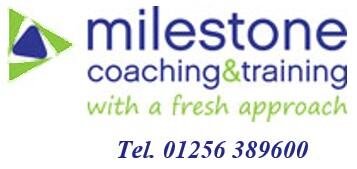The North American Indians believe that we all have two wolves in our head; the good, helpful, empowering and encouraging wolf, and the unhelpful, critical, disempowering, negative wolf. Each go with us wherever we go. Each talk to us and try and pull us into their way of thinking, battling with each other to win. Here is how the story goes:
An old Cherokee grandfather is telling his grandson a story. “A fight is going on inside me,” he said. ”It is a terrible fight between two wolves. One is evil — he is anger, envy, greed, arrogance, resentment, lies, and ego.” He continued, “The other is good — he is joy, peace, love, hope, serenity, humility, kindness, empathy, generosity, truth, compassion, and faith. The wolves are fighting to the death.
Wide-eyed, the boy asks his grandfather which wolf will win.
The old Cherokee simply replied, “The one you feed.”
This is so true. We must decide which one we want to “feed”. Listen to the internal chatterbox that is trying to help you, push you forward, encourage and develop you and feed it, and we must ignore and override the voice that is trying to keep us in a little prison, too scared to try anything, fearful of what others might think, catastrophising and worrying. We need to starve the bad wolf, ignore it and refuse to let it win.




